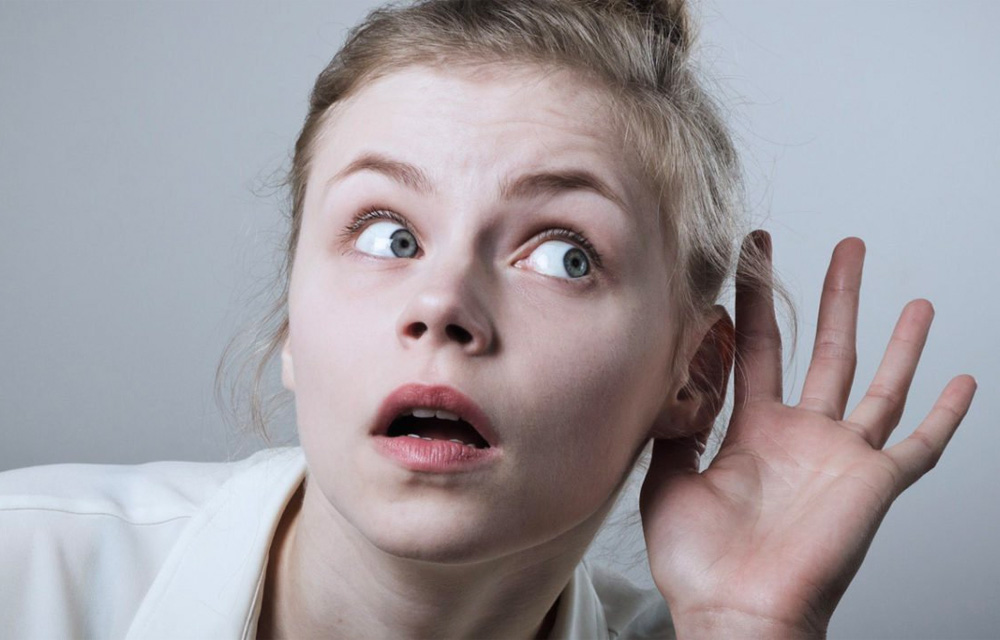20 years of working as an Arabic instructor, explaining the obstacles of the language to my students and making sure that they end up loving their learning journey. It is always exciting for me to share the fun part about the language when it comes to culture. Talking about different accents, why we say this in the north of Lebanon and why we do not in the south. How to dance Dabke (Lebanese folklore dance) what are the steps, belly dancing and how they should shake their hips. Talking about food and flavors, learning the technique of cracking jokes and much more than that. I was always able to give clear explanation about all above, but when it comes to explaining Lebanese expressions, I stumble upon the fact that I HAVE TO ACT LIKE A CLOWN!
You ask me why; I say simply because most of them do not have direct translation neither literal translation and on top of that I have to use face and hand gestures.
In this article, I am going to TRY to explain the top five mostly used expressions in Arabic and the most fun to learn. I am sure you have heard them here and there.
#1 WALAW وَلَو
It is kind of like “come on” but not precisely.
You must say this expression with an exclamational face. As if you are surprised with a bit of disappointment, as if you disagree with what you heard or saw.
Example 1: let us say you are with your friends and you hear one of them did something that you disagree with and you wouldn’t expect that it could come from such a person.
Rami: hey, did you know that I had to go to the loo, and it was full, so I did it on the floor.
Christina: come on man, seriously!
This is when Christina should use the expression “Walaw”.
#2 Khalas wloo خَلَص ولو
It is kind of like “Give me a break” or “stop it” but not precisely as an order.
You must say this expression with a fed-up face but not too serious. As if you don’t want to hear anymore what’s been said, or you want the others somehow to stop without being rough.
Example 2: let us say you have been sitting around with your friends and they have been talking about the Corona virus and the economical crisis and what’s going on around the world, which you already heard and know and tired of hearing them over and over and you just want to enjoy your time without feeling depressed.
Rami: oh man, the government said that there are 30 news cases infected by the virus and three died, but this is not it, did you hear that the dollars exchange will be 5000 LBP soon and all banks will be closed!
Christina: give me a break man, we all already know that, can we stop talking about it and maybe discuss something more fun!
This is when Christina should use the expression “khalas wloo”.
#3 Heyk Heyk هَيك هَيك
It is kind of like “come on tell me what is going on?” or “come one what are you hiding here and there?” but not precisely.
You use this expression with a small deceptive smile and one eyebrow lifted, and when you say it slightly shake your head from shoulder to shoulder. When you feel like someone who you know well is hiding a secret and they are talking but you are not convinced, don’t say literally “tell me what is going on” but rather use this expression which implies a bit of sassiness and leave space to the other person to feel comfortable.
Example 3: let us say your sister is getting over dressed to go out, but you feel this is not her normal way of getting ready for an outing. Then you can say this expression as a way to find out who she is meeting without putting pressure on her.
Clara: hey Christina you look gorgeous with this makeup and outfit, are you having a date tonight?
Christina: no, umm I am just meeting friends.
Clara: come one Christina you can tell me what you are hiding girl.
This is when Clara should use the expression “heyk heyk” Christina.
#4 Heyk هَيك
It is kind of like “no reason” “just like that” “Meh..”
You use this expression with a small lift with your shoulders and indifferent face. When you have no energy to explain why you did this or that, or when you feel tired and not willing to share your reasons with your close ones.
Example 4: Imagine your mom told you to pick up the phone and order a delivery, and you don’t and she tries to clarify what is the reason behind your refusal but you have no energy to answer because you have no energy at first place! This is the perfect timing to use this expression (be careful it implies a bit of rudeness and indifference).
Mother: Clara honey can you order Pizza for dinner, I am not going to cook tonight.
Daughter: nope.
Mother: why is that?
Daughter: just for no reason!
This is when Clara should lift slightly her shoulder and say “heyk” (I have no reason; I just do not feel like it).
#5 Yaanee (Ya3ni) يَعني
Believe me when I say this is the most famous of all. It is kind of like “I mean” “so-so” “bla-bla” almost like a connector word that fills the gap when you want to connect your words together. Since this expression is a connector word, this means that its meaning varies depending on when you use it.
Example 5: let’s say you are talking and you are expressing yourself without stopping, you use usually “I mean, you know” or another situation if someone asks you how have you been and you are neither good nor bad, then you use “so-so”, in this case you use hand gesture with opening your palm facing down and shake your wrist slightly right to left.
Clara: hey Samuel how are you doing?
Samuel: so-so.
Clara: why is that? What is going on?
Samuel: you know; I mean I am ok but not great.,
In both cases Samuel should use “Ya3ni” as an answer but especially in the first one, he should shake his wrist while saying it.
Here you go! Now you know the top five most used Arabic expressions. Enjoy them, indulge your talks with those small expressions and you will sound terrific.
Author note: it is very important for myself to understand culture and know how to use it, in the correct timing and with the correct people. Keep in mind that using those expressions, not will only make sound like a pro but also will open doors for you to hold longer conversations with people in Arabic. They are like a welcome sign with a big smile. 😊





